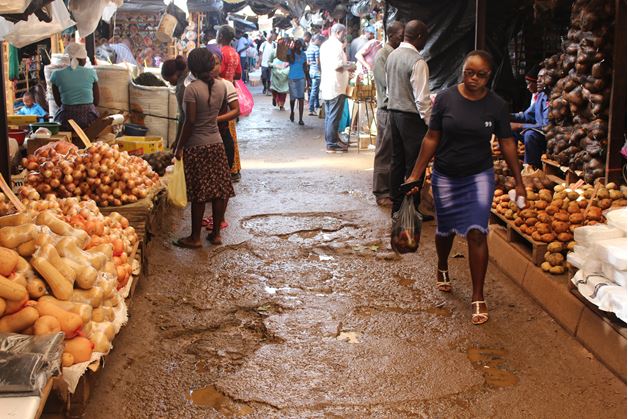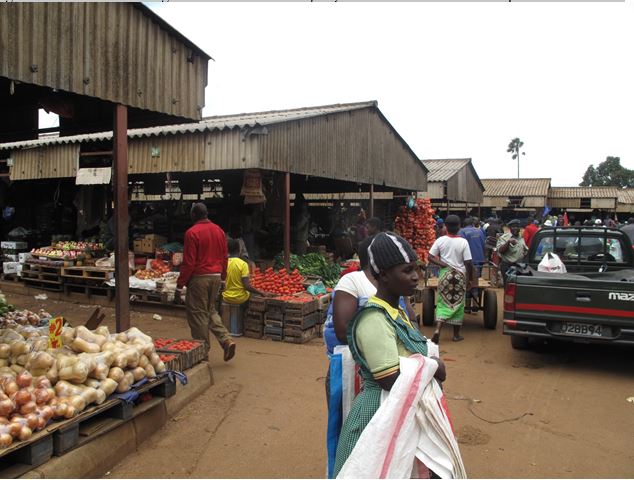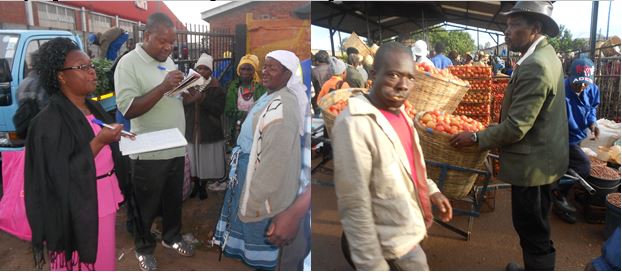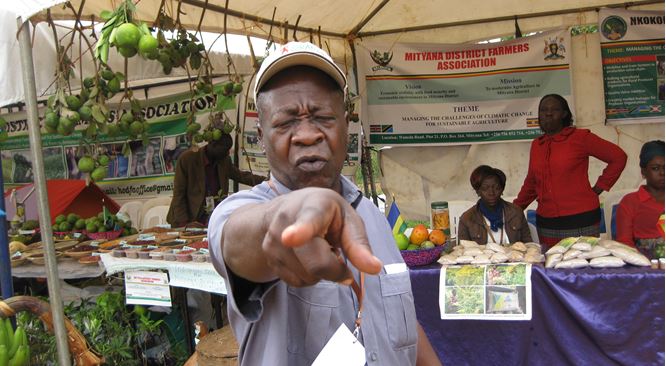The importance of closing knowledge gaps in African agriculture
Efforts to modernize African agriculture continue to focus on the supply-side at the expense of the demand side. In addition to infrastructure-driven agribusiness models, there is an unfortunate belief that agricultural extension is the only important form of knowledge in transforming the agriculture industry. Instead of embracing a holistic approach that identifies knowledge needs and Read more about The importance of closing knowledge gaps in African agriculture[…]










